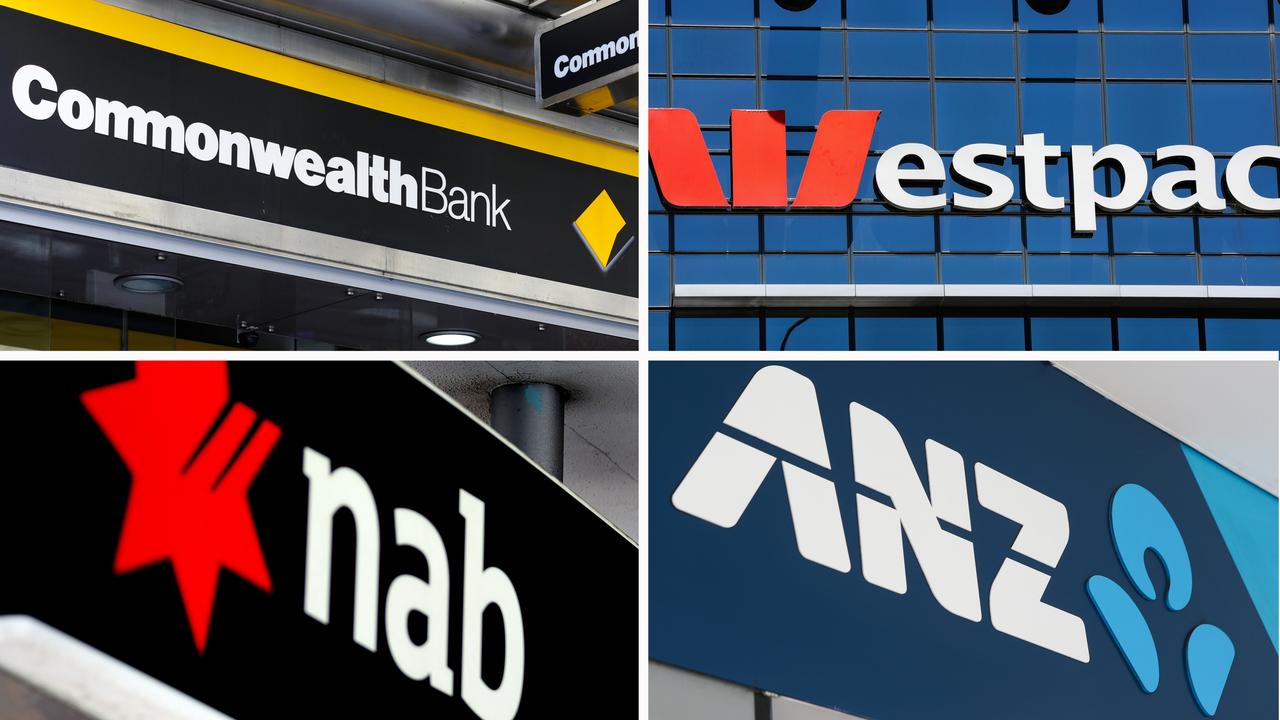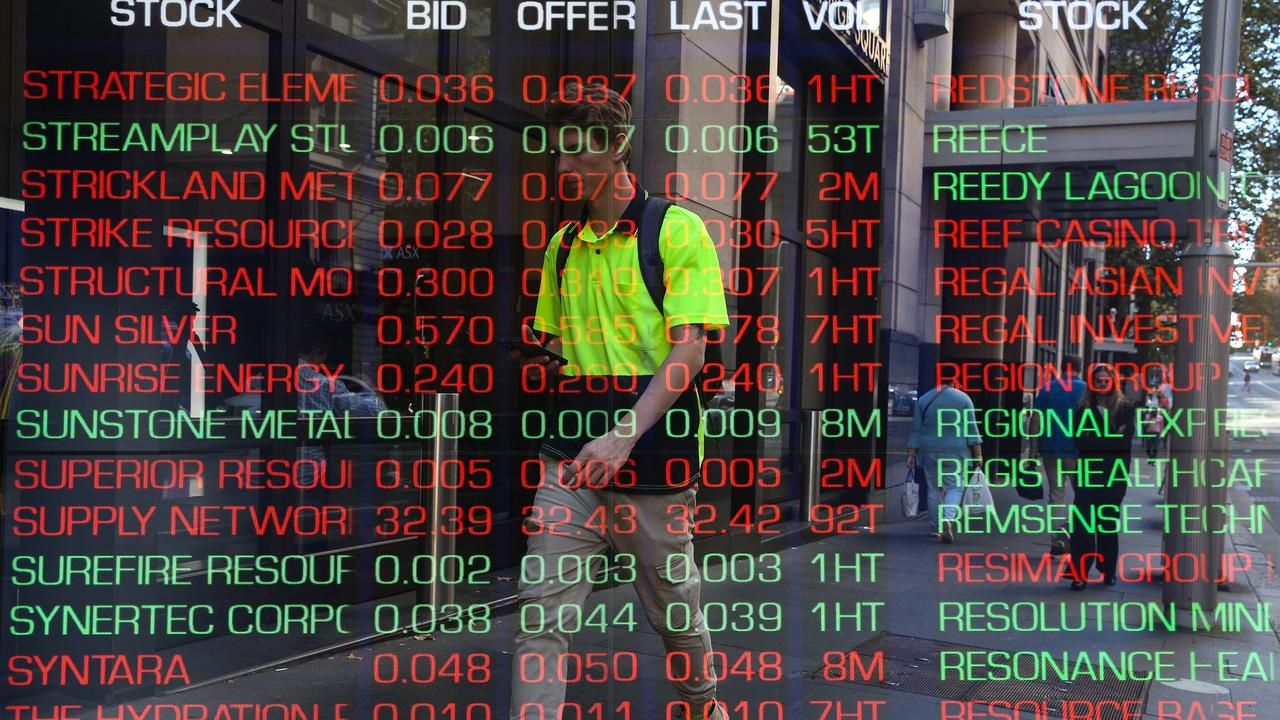Trading in a volatile market
ONLINE brokers crashed when the share market plummeted more than 7 per cent in one day last month, writes Robin Bromby.

Trading in a volatile market
BLACK Tuesday, as it is now being dubbed, was not online share trading's finest hour.
Commsec, the market leader, experienced an outage as share prices were plunging on January 22; at least one other system was painfully slow at the market opening.
On the following day, when the panic selling turned to a tidal wave of buying, DirecTrade, the online arm of Macquarie Private Wealth, crashed for about an hour.
It wasn't just an Australian experience on the Tuesday with the huge US online brokerage TD Ameritrade suffering an outage in the busy morning trade.
But, really, January 22 would have been better termed "Grey Tuesday". The market fell 7.3 per cent - nothing approaching the 25 per cent on the real Black Monday of October 19, 1987.
How the online brokers would cope with that eventuality remains unknown. What we do know is that the broking firms were not able to keep up with sell orders back in 1987.
On the day of that collapse, many investors were stuck watching their stocks plummet as they kept getting busy signals when calling their brokers.
Even on a busy day now, it might take 10 or 15 minutes to get through to your broker on the telephone.
Commsec general manager Matt Comyn says the online brokerage will now work to get its systems better equipped to handle a panic day.
"I don't think anyone can do that yet," Comyn adds.
This is just one of the challenges faced by the online trading industry, a sector that has been growing rapidly on the back of the bull market.
Retail non-advisory broking - and that is predominantly online trading - accounted for about 20 per cent of trading by volume in 2007 and roughly 10 per cent by value.
It is relatively small-time - Commsec puts its average trade at $17,000 and Westpac Broking between $12,000 and $15,000.
Transaction numbers are swelled by the day traders. The other challenges faced by the players this year include the implications of an end to the bull market and the sharper competition as more and more sophisticated products are launched.
Each bear market period - post 1987 and particularly after the bursting of the dot-com bubble in 2001 - sees many of the smaller investors pull back.
And Comyn expects that to happen if the present turbulence morphs into a bear market. "The smaller retail investors panic-sell, sell at the bottom and often sell at a loss," he says.
And they don't come back for some time - missing the start of a bull run as they did in 2003. Michael Heine, managing director at Netwealth, says the market turnaround will reduce the revenue pool as some investors quit the market.
"It will lead to further consolidation and there'll be no new players." But what is clear is that, in the longer term, online trading will become all that more sophisticated.
And online brokers will have to keep up with the changes. Westpac Broking, for example, only joined the brokerages offering contracts for difference products in January. Unlike Commsec and others, it does not yet offer short selling.
A glimpse of what the future might hold for Australian online traders has been offered by TD Ameritrade.
As part of what investment bible Barron's described as "numerous new bells and redesigned whistles", the US online broker has launched Market Gear, a tool to help analyse options, and Options 360, a "graphically intense" tool where traders can see a variety of factors including monitoring stock volatility.
They can also perform a number of "what-if" scenarios, looking at various hypothetical market trends.
Another US platform, Vestopia, allows users to monitor in real time the actual trades of professional money managers and then select a manager whose trade they want to mirror.
One of the nettles to be grasped by the local industry is trading in international shares, according to the man who runs DirecTrade, Tim Keegan, head of online trading at Macquarie Private Wealth.
He sees a growing appetite for being able to buy Google or Apple shares as easily as one does Australian stocks.
"I don't think anyone's managed to crack that yet," he says. But of two things he is certain: one, that online banking is here to stay; two, that demand will grow for more sophisticated products.



